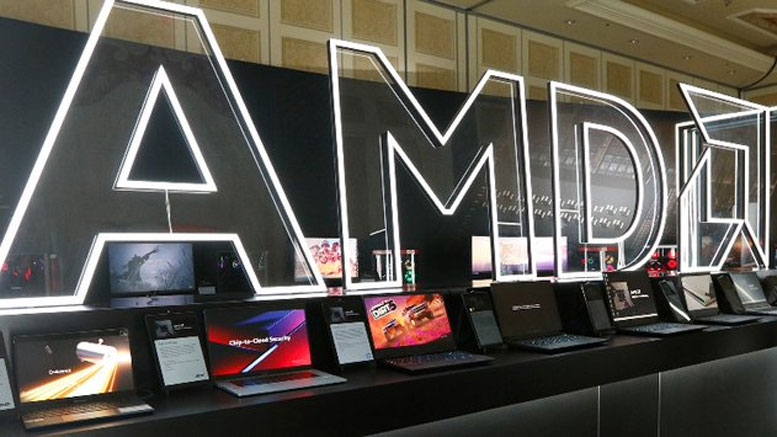
AMD's Ryzen 7040HS laptop processors, also known as the "Phoenix" series, are being delayed a month. The processors were announced for a March release at CES 2023, but AMD now tells us they won't launch until sometime in April. These notebook processor chips are perhaps best known as being the first to include AMD's RDNA 3 graphics architecture and the company's new leading-edge XDNA-powered AI engine.
"To align with platform readiness and ensure the best possible user experience, we now expect our OEM partners to launch the first notebooks powered by Ryzen 7040HS Series processors in April," an AMD representative told Tom's Hardware in a statement.
It isn't clear what's causing the delay, and AMD hasn't yet responded to more detailed questions. However, AMD has recently adjusted the specs for these chips, removing support for the PCIe 5.0 interface and reducing the peak clocks for the integrated GPU.
The 7040HS "Phoenix" chips slot in as the company's most powerful processors for ultra-thin laptops — notebooks that don't quite have the massive cooling to handle the more powerful "Dragon Range" 7045HX chips. The chips use the Zen 4 CPU architecture on a 4-nanometer process with TDPs between 35 and 45 watts. The HS-series processors are debuting AMD's RDNA 3 graphics on mobile and are the first to use AMD's new XDNA AI architecture.
AMD's flagship model, the Ryzen 9 7940HS, is an eight-core/16-thread processor with a boost clock up to 5.2 GHz, while the Ryzen 7 7840HS hits a 5.1 GHz boost. The lowest-end chip, the Ryzen 5 7640HS has six cores, 12 threads, and goes up to 5.0 GHz.
The XDNA architecture is designed for AMD's chips to focus on "real-time AI experiences," AMD said at the launch. The tech is based on technology from AMD's acquisition of Xilinx. AMD integrated the FPGA-like tech into the Phoenix chips within a year, an impressive feat given the traditional multi-year design cycle for modern semiconductors. The company had written in a press release that XDNA would be "the first dedicated artificial intelligence hardware in an x86 processor."
In many ways, AMD's Phoenix competes with Apple's M1 and M2 chips, which have included neural engines since Apple Silicon launched in 2020. The XDNA AI engine is in the chip, which is fully monolithic and not using a chiplet design. Microsoft's Windows and Surface head Panos Panay suggested the integrated AI engine could be used for features like eye contact and video framing. AMD is also working on an API to enable software devs to develop more advanced applications that will leverage the XDNA engine to run locally on the laptop. Those could include modern AI models in the vein of ChatGPT or DALL-E.
AMD has moved forward with the launch of its most powerful mobile chips, the 7040HX "Dragon Range" series, based on a 5nm process and without XDNA. This doesn't necessarily mean, however, that XDNA is the reason for the delay.
AMD hasn't yet said which OEMs will be releasing laptops with the Phoenix chips, though it has listed which companies are working with every other chip back at the CES announcement.







